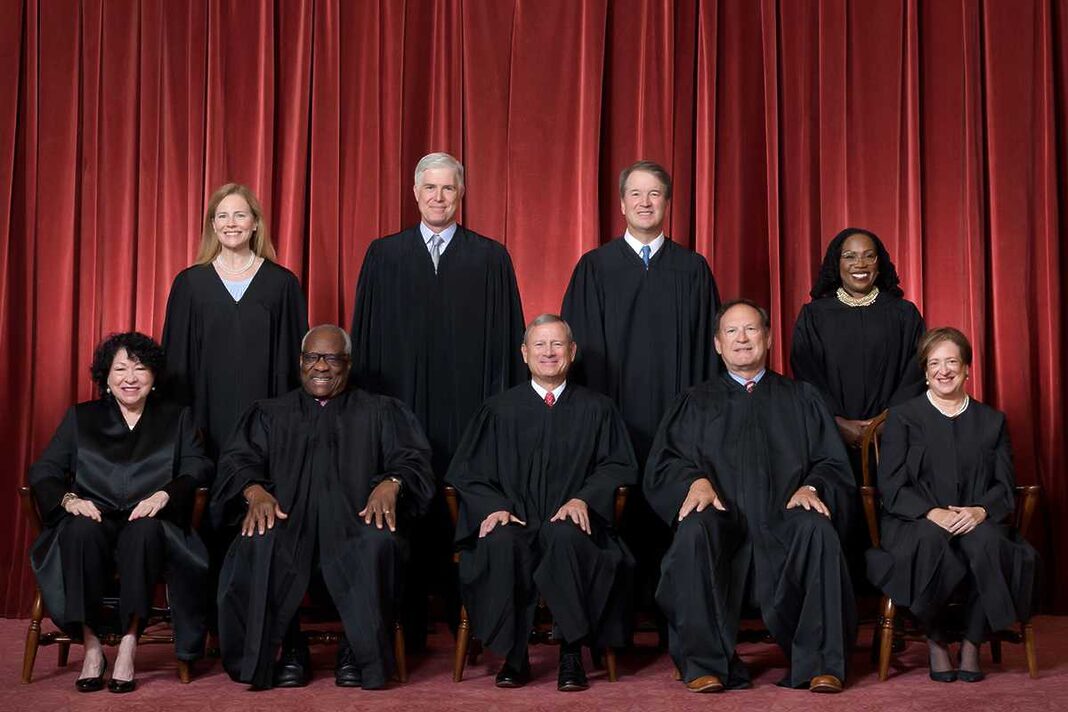The doctrine of ‘Chevron deference’ violates the Constitution and impedes the rule of law, lawyer for fishing company says.
A bureaucracy-empowering judicial doctrine that critics blame for the explosive growth of the U.S. government in recent decades should be overturned, the Supreme Court heard on Jan. 17.
The court may overturn the so-called Chevron deference doctrine that the Supreme Court enunciated in 1984, or narrow its application. “Chevron deference,” as lawyers call it, holds that an agency’s interpretation of a statute it administers is entitled to deference unless Congress has said otherwise.
The court’s ultimate ruling might alter the current balance of power among Congress, executive agencies, and the nation’s judiciary by curbing the legal underpinnings of the modern administrative state, which critics deride as an illegitimate fourth branch of government.
In the landmark ruling in Chevron v. Natural Resources Defense Council (NRDC), the court held that while courts “must give effect to the unambiguously expressed intent of Congress,” where courts find “Congress has not directly addressed the precise question at issue” and “the statute is silent or ambiguous with respect to the specific issue, the question for the court is whether the agency’s answer is based on a permissible construction of the statute.”
Conservatives and Republican policymakers have long been critical of the doctrine, saying it has contributed to the dramatic growth of government and gives unelected regulators far too much power to make policy by going beyond what Congress intended when it approved various laws. The authority of regulatory agencies has been increasingly questioned in recent years as the conservative majority on the Supreme Court has grown.
Conservative Justices Clarence Thomas, Samuel Alito, and Neil Gorsuch have expressed skepticism of the Chevron doctrine.
Those on the other side say the Chevron doctrine empowers an activist federal government to serve the public interest in an increasingly complicated world without having to seek specific congressional authorization for everything that needs to be done.
The court heard two related cases: Relentless Inc. v. Department of Commerce and Loper Bright Enterprises v. Raimondo.







